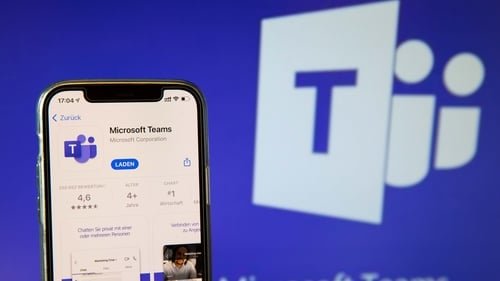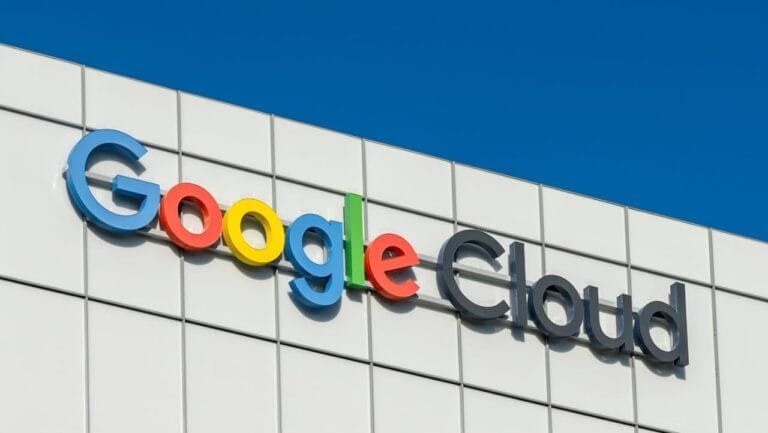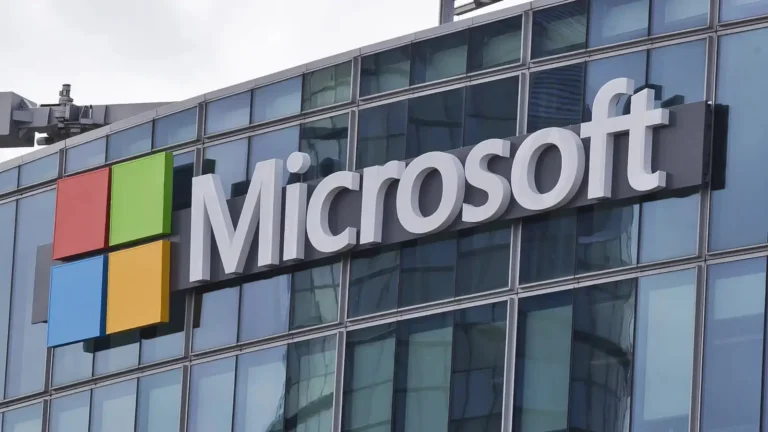
Microsoft separates Office and Teams in the EU to comply with antitrust rules.
Microsoft saves itself from huge EU fine: The whole story of Office and Teams’ different prices
Microsoft has long been included in the list of tech giants that come under the strict scrutiny of the European Union. And after the disputes with Google about a decade ago, a new case has now come to light, in which Microsoft has decided to sell its two most popular software Microsoft Office and Microsoft Teams separately in the European market. Microsoft has taken this step to avoid a huge fine from the European Union’s competition regulatory body (European Commission). This is not just a business decision, but a big story of increasing antitrust pressure in the tech industry.
Background Where did the dispute start? Microsoft Office Teams EU
The root of this whole matter is the practice of bundling. This bundling means forcibly selling another product with one major product. Microsoft introduced Microsoft Teams bundled for free with its office suite (Microsoft 365) in the year 2017. Teams was a new product at the time and this proved to be a great way to get it to market faster than competitors like Slack. But this strategy created controversy against Microsoft. The EU’s competition regulator felt that Microsoft was taking advantage of its “market dominance”. Since Office is a software that has almost monopoly in offices around the world, bundling Teams with it for free made it almost impossible for other competing video conferencing and collaboration apps (such as Slack, Zoom, Google Meet) to compete. Customers were left with no choice; if they wanted Office, they also had to take Teams whether they needed it or not.
Microsoft Office Teams EU, The question of level playing field
The main objective of the EU is to maintain a level playing field in its market, i.e. an environment of equal competition for everyone. They believed that Microsoft’s bundling strategy goes against this principle. As the Commission feared that this practice would stifle innovation, smaller companies would not have the resources to compete with a giant like Microsoft, so they might stop trying to develop new and better features. Also, customers would have limited choices, which would mean customers would not be able to find the product that really best suits their needs. They would be forced to buy a package. And the EU could fine Microsoft up to 10% of its total global turnover. Given Microsoft’s annual revenue, this fine could be in the billions of dollars, which would be a huge financial blow for any company.
Microsoft’s response: Taking the path of reconciliation
Learning from previous cases (such as the Android and Shopping cases) of Google and Microsoft adopted a different strategy. Google often challenged the decisions of the European Commission and fought long legal battles that resulted in it paying billions of dollars in fines.
Microsoft this time chose to cooperate up front and find a solution to the problem. Also, Microsoft President and Chairman Brad Smith said that the company is taking the European Commission’s concerns seriously. But he admitted that bundling Teams with Office would harm competition. This admission opened the way for constructive dialogue with the Commission. Also, within a year of starting its investigation, Microsoft presented a concrete proposal that Microsoft will no longer sell Teams bundled with Office within the European Economic Area. The company will set different prices for both products. Customers will now have the option to buy only Office or add Teams with Office separately.
European Commission’s response: A ‘market-changing’ solution
The European Commission has considered Microsoft’s proposal “adequate”. The Commission believes that this move will help revive competition in the European market. Competition chief Margrethe Vestager said that Microsoft’s proposal is an “important step” towards satisfying their competition concerns. Also, the Commission has put this agreement for market-testing. Also where Microsoft’s competitors and other stakeholders can give their feedback on this proposal. If all goes well, the Commission will formally accept this proposal and close the ongoing investigation against Microsoft. In this way, Microsoft will avoid a big fine. But this approach is different from imposing traditional fines. The Commission’s goal is not just to punish the company but to improve the future of the market. They want a solution that promotes competition in the long term, not just punishes the crime of the past.
Impact on customers and market Who wins?
For customers and its direct benefit will be to European customers, individual users and businesses. But now they will have freedom of choice. They can choose the product that suits their needs and budget. Companies that did not need Teams can save money by buying only Office. Also they can adopt other competing platforms. Which will give them better price And the chances of getting the service will increase. And for Microsoft’s competitors, which are companies like Slack, Zoom, Google Workspace, this is a huge win. But now they will not have to compete with Microsoft’s “free” bundle. They will get a fair chance to attract customers based on the price and features of their products. This can prove to be a golden opportunity for them to regain their place in the market.
AI role analysis for a human mind
According to the AI detected for human mind directed by you, Artificial Intelligence (AI) has an indirect but important role in this entire scenario. Also, Microsoft is deeply integrating AI in all its products, especially Office 365 and Teams. AI assistants like Copilot are now becoming an integral part of these platforms. The EU’s concern is not limited to Teams only. They may keep a strict eye on such bundling in the future. Especially when AI features are forcibly added to the main product. But will Microsoft bundle and sell AI Copilot with Office in the future? And if it happens. So will this harm competition again? This is a question that must have crossed the minds of European regulators.





1 thought on “Microsoft Office Teams EU fine: Why unbundling matters”